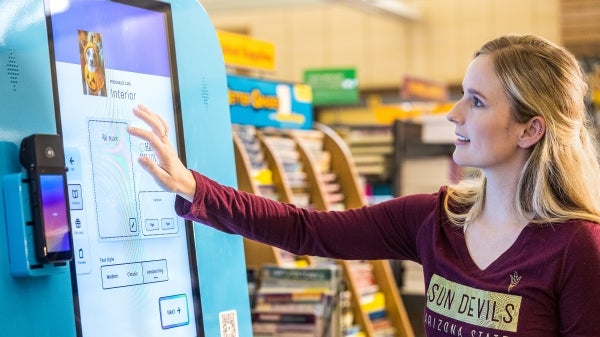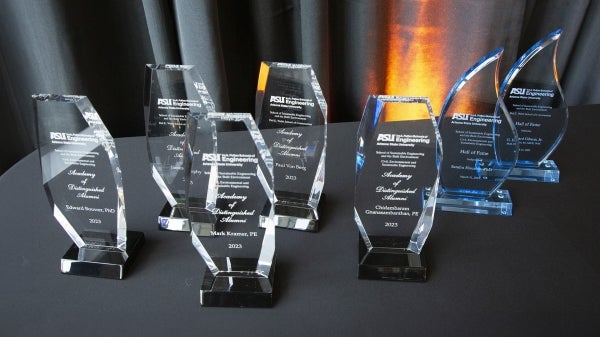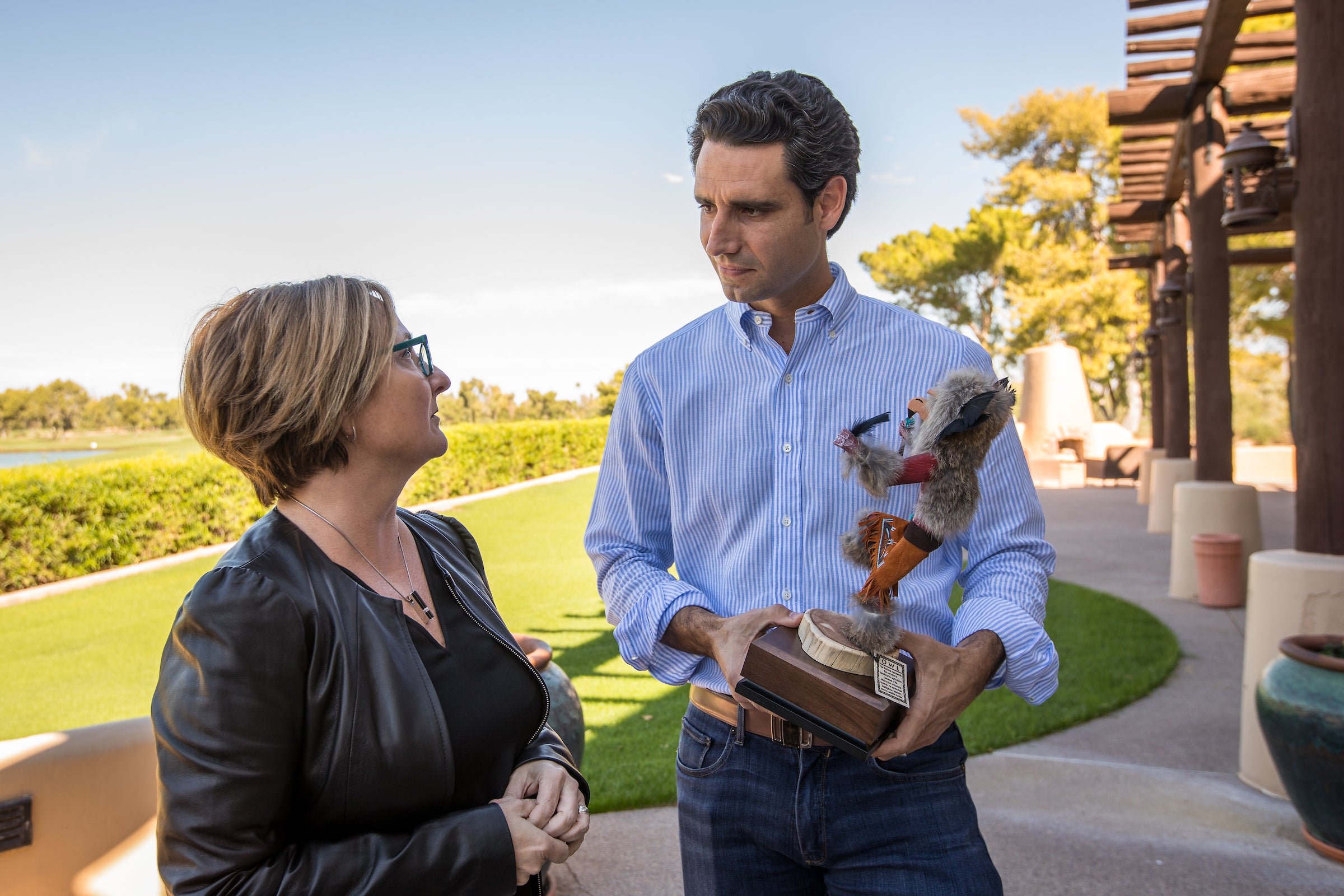Customer service is the real disruption in used-car sales, Carvana CEO says

Ernie Garcia III disrupted the used-car-buying market with his company, Carvana, but he said his innovation isn’t really about cars.
“Our view is it doesn’t have much to do with the product,” said Garcia, a Phoenix native whose company’s headquarters are in Tempe. “The customer experience is at the root.”
Carvana, which Garcia launched in 2013 and now has nearly 500 employees, is the first platform in which consumers can buy a used car online and have it delivered to their house. They then have a seven-day trial period before committing to buying the car. The entire transaction, from shopping to financing to buying a warranty, is completed online.
As a successful startup, people often ask Garcia about Carvana’s social-media strategy.
“What’s at the root there is that everyone recognizes that social media is important, but they don’t understand the real importance,” said Garcia, who on Wednesday addressed the Economic Club of Phoenix, a speaker series housed in the W. P. School of Business at Arizona State University.
“It’s not about Facebook ads. It’s about how if you give a customer a great experience, they don’t just tell four people at dinner, they tell a thousand people on Facebook.”
Amy Hillman, dean of the W. P. Carey School of Business, gives a kachina to Ernie Garcia III, who addressed the Economic Club of Phoenix on Wednesday. The club is housed in the W. P. Carey School of Business, and speakers traditionally receive a kachina. Hillman chose an owl for Garcia because it represents intelligence and wisdom. Photo by Charlie Leight/ASU Now
Garcia said Carvana was able to find an opportunity because of the way the market evolved, starting in the 1930s, when manufacturers decided to let dealerships sell the cars.
“That’s led to 63,000 dealerships, and they can’t differentiate the product,” he said. Each dealership has high real-estate, personnel and advertising costs and must promote low prices that can’t be sustained.
“There’s a reason why culturally if someone calls you a used-car salesman, it’s not a compliment,” he said. “We wanted to exploit the massive opportunity we thought existed.”
Garcia said that hiring good employees is critical to any startup.
“Great people don’t want to come to work every day if they’re not inspired and achieving something in a positive way,” he said. “We’re not curing cancer, but we save customers $1,500 every time they buy a car, which they then can spend on their families. We save them four hours, which they can spend with their families. Those are meaningful things.”
Garcia said that while Carvana’s business model is groundbreaking, the company mostly gets attention for its “car vending machines,” eight-story-tall glass garages that hold 30 cars. Carvana customers can choose between home delivery or visiting the vending machine. If they choose the machine, they receive a Carvana token to drop in a slot, which activates the garage, moving the car down to a delivery bay. There are vending machines in seven cities around the country.
“The vending machine builds advertising into the model. It sits by the freeway. It gets people talking. It’s interesting. It represents what we do,” Garcia said.
It also saves money.
“It’s much less expensive for us to deliver a car to a customer than to maintain a big dealership, but it’s also less expensive if they come to us, pick it up and drive away. If you create an experience that is interesting enough to make people want to do that, then you can save money there as well,” he said.
Garcia said that as a haven for startups, metro Phoenix has some benefits.
“We’re good on people and we’re good on ideas,” he said. “ASU is a tremendous resource for anyone who wants to start a company here.”
But the area lacks the startup environment that is flourishing in Silicon Valley, he said, mentioning media as one example.
“When you start a company, one of your biggest costs is advertising, and a great thing about Silicon Valley is that there are about 10 digital news periodicals that cover everything any startup does and millions of people who read them every day.
“I do think our ecosystem can use some help. I don’t think we’re as far along as we’d like to think.”
For more information on the Economic Club of Phoenix and its Economic Forecast Luncheon on Nov. 29, click here.
Top photo: Ernie Garcia III, founder, president and CEO of Carvana, told a group of business people at the Economic Club of Phoenix that startups must hire and inspire good employees. Photo by Charlie Leight/ASU Now.
More Business and entrepreneurship

ASU alum's personalized greeting card kiosk debuts on Tempe campus
Everyone knows how disheartening it is to dash into a store to grab a last-minute holiday card and find the selection picked over and in disarray.An Arizona State University alumna has created a…

Celebrating industry giants and distinguished alumni
Four outstanding alumni and two industry leaders will be honored at the School of Sustainable Engineering and the Built Environment’s Hall of Fame and Academy of Distinguished Alumni event, scheduled…

ASU bachelor's degrees in business step up in rankings
The W. P. Carey School of Business at Arizona State University made strides in several areas in the new U.S. News & World Report 2025 Best Colleges Rankings. The school's overall…
